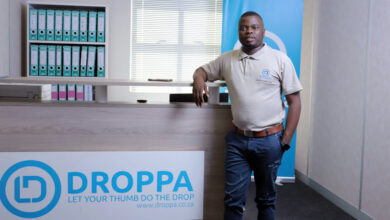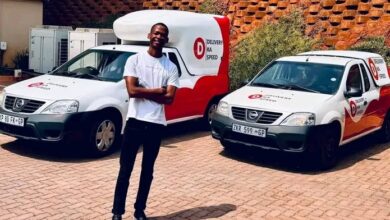How Bosch Became a Global Powerhouse: Inside the Precision

How Bosch Became a Global Powerhouse: Inside the Precision. In a world where consumer trust can make or break a brand, Bosch has managed to cultivate a reputation that spans over a century and across continents. What started as a small “Workshop for Precision Mechanics and Electrical Engineering” in Stuttgart, Germany, in 1886 has transformed into one of the world’s most respected names in home appliances, power tools, and automotive technology.
Bosch’s journey isn’t just about growth. It’s about staying grounded in engineering excellence while evolving with the needs of multiple generations. The story of Bosch is one of long-term vision, deliberate strategy, and overcoming challenges with quiet resolve.
A Mission Beyond Profit: Rooted in Responsibility
One of the most defining elements of Bosch’s success lies in its ownership structure. Unlike most major corporations, Bosch is 92% owned by the Robert Bosch Stiftung, a charitable foundation. This unique structure, established after the founder’s death, has allowed Bosch to reinvest a significant portion of its profits into long-term innovation rather than short-term shareholder gains.
This foundation-first model has not only insulated Bosch from hostile takeovers but has also enabled it to pursue ambitious research initiatives that align with societal progress. For entrepreneurs, this demonstrates the power of aligning business structure with mission. When profit isn’t the sole objective, sustainability and innovation can thrive.

Strategic Diversification and Global Expansion
Bosch’s expansion story is not one of hasty market grabs, but of calculated entry into sectors where its engineering DNA could provide a competitive edge. The 1930s saw Bosch expand into automotive technologies, building on its spark plug and fuel injection expertise. After World War II, Bosch re-entered international markets and started its post-war recovery through a focused effort on quality and reliability.
By the late 20th century, Bosch had become synonymous with robust German engineering, and it strategically diversified into household appliances, security systems, and industrial technology. The company’s acquisition of Siemens’ stake in the BSH Hausgeräte GmbH joint venture in 2015 marked a pivotal point in Bosch becoming Europe’s largest home appliance manufacturer.
For growing businesses, this reinforces the value of expanding from a position of strength. Rather than stretch thin across unrelated sectors, Bosch repeatedly entered adjacent markets where it could deliver superior value.
Marketing with Purpose and Precision
While Bosch may not be the flashiest brand, its marketing strategy has always leaned on one core promise: dependability. Campaigns like “Invented for Life” underscore the brand’s focus on longevity, safety, and quality—values that resonate deeply with practical consumers.
Bosch’s subtle but effective branding illustrates that consistency can be as powerful as charisma. From TV spots to digital storytelling, the company reinforces its core strengths rather than chasing trends. This is a crucial lesson for entrepreneurs: marketing doesn’t need to be loud, but it must be honest and aligned with your brand’s true value.

Resilience Through Innovation
Bosch has not been immune to disruption. The diesel emissions scandal that rocked the auto industry in the 2010s affected Bosch as a supplier. However, rather than retreat, the company doubled down on future-proofing its business.
Significant investment into electromobility, hydrogen fuel technologies, and smart home solutions has positioned Bosch at the forefront of sustainable innovation. In 2020, Bosch became the first globally operating industrial enterprise to achieve carbon neutrality across its manufacturing plants.
The key insight here is resilience through reinvention. Bosch anticipated the next wave of technological shifts and pivoted proactively. For any business leader, staying ahead requires not only innovation but a willingness to face uncomfortable truths and course-correct quickly.
A Blueprint for Entrepreneurs
The Bosch story offers more than admiration—it offers actionable takeaways:
- Structure matters: A mission-aligned business structure can unlock freedom to invest long-term.
- Grow where you’re strong: Expand into sectors where your core strengths are assets, not liabilities.
- Market authentically: Branding built on truth outlasts gimmicks.
- Innovate with purpose: Use challenges as a springboard to develop sustainable, future-ready solutions.

Today, Bosch employs over 400,000 people worldwide and operates in more than 60 countries. Yet, it still embodies the principles laid down by Robert Bosch himself: “I would rather lose money than trust.”
That sentiment, backed by a century of careful planning and relentless improvement, is what continues to fuel Bosch’s global appeal. In a marketplace filled with noise, Bosch stands as proof that trust, precision, and long-term thinking never go out of style.




